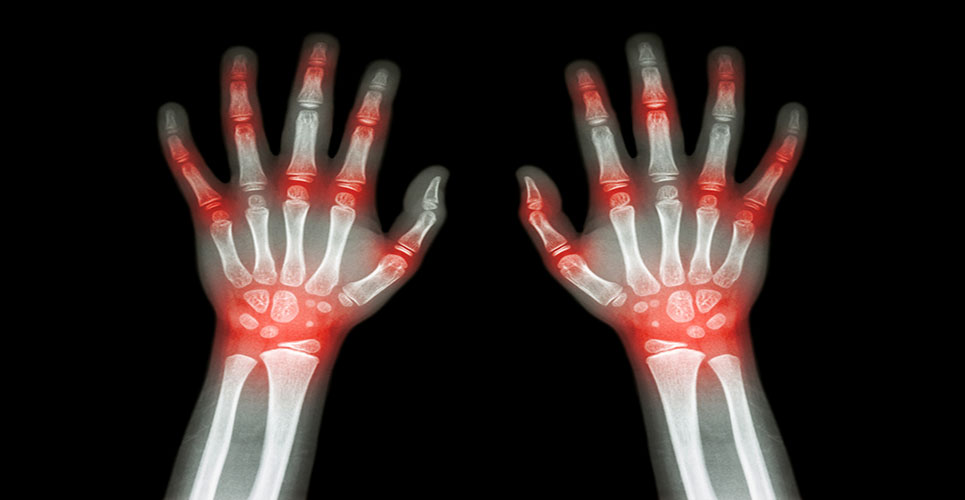teaser
The addition of Cimzia® (certolizumab pegol; CZP) to current therapy was associated with a rapid clinical response, improved function and reduced disease activity in a diverse group of adult rheumatoid arthritis (RA) patients reflecting those seen in daily clinical practice (including those with prior TNF-inhibitor use).
These positive clinical trial data were presented during the American College of Rheumatology’s (ACR) 2010 Annual Scientific Meeting in Atlanta, November 7-11. Cimzia® is approved for the treatment of adults with moderately to severely active rheumatoid arthritis.
“Many patients live with little relief from the painful symptoms of rheumatoid arthritis due to failed therapies or the severity of the condition,” said Roy Fleischmann, MD, clinical professor in the Department of Internal Medicine at the University of Texas Southwestern Medical School.
“These data emphasize that treatment with Cimzia® can substantially provide rapid improvements and help reduce disease activity regardless of the patient’s disease history.”
The data presented were from the REALISTIC (RA Evaluation in Subjects Receiving TNF Inhibitor Certolizumab Pegol) multicenter phase IIIb study, which included a 12-week, randomized, double-blind (DB), placebo-controlled phase followed by an open-label extension (OLE) (≥16 weeks).
REALISTIC was designed to investigate the safety and efficacy of CZP in a broad patient population with active RA more closely resembling routine clinical practice, versus the pivotal trials, including patients with/without prior TNF-inhibitor exposure, with/without concomitant methotrexate or other disease-modifying anti-rheumatic drugs (DMARDs); and varying lengths of disease duration.
The primary endpoint of an ACR20 score at week 12 was met.
At Week 12, more than half (51.1%) of patients in the CZP treatment group achieved ACR20 response versus the control group (25.9%).
Additional efficacy evaluated in the trial included ACR50/70 response rates, as well as the DAS28[CRP] disease activity score and the Health Assessment Questionnaire-Disability Index (HAQ-DI) measuring physical function.
Clinical responses among patients in the CZP treatment group were rapid. ACR 20/50 responses were significantly superior to control (31.8% vs 8.5% and 9.6% vs 1.4%, p<0.001 for both) from the first time point (week 2) onwards.
Significant improvements in DAS28[CRP] were reported among patients treated with CZP vs. the placebo group.
In addition, CZP patients reported rapid and significant improvements in HAQ-DI vs. placebo at the first time point measured (week 2).
Similar ACR20 responses were seen across the various patient populations regardless of baseline disease duration or activity; baseline use of methotrexate; or prior use of TNF-inhibitors.
ACR50 and ACR70 responses at week 12 were 26.6% and 13% for patients treated with CZP compared to the placebo group (9.9% and 2.8% respectively).
Treatment with CZP was generally well tolerated.
Adverse and serious adverse event rates were comparable between CZP and placebo treatment groups with no new safety signals observed through week 12.
The most common serious infections were lower respiratory tract and lung infections.
The most common adverse events were infections and infestations, musculoskeletal and connective tissue disorders, and nervous system disorders.

